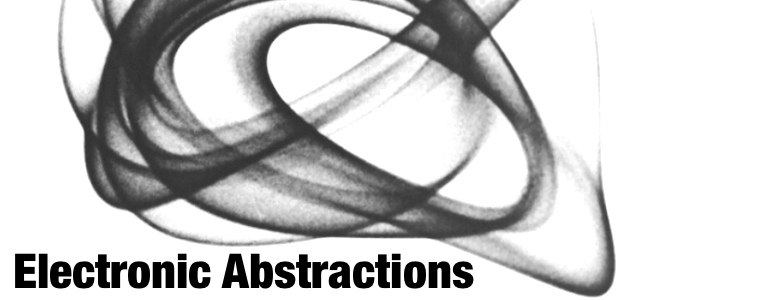*
New ways of being human and social
The course is dedicated to an investigation of the imaginary projects of technoscience, in which new ways of being human and new ways of being social are being developed. This is going to be an exploratory course, mobilizing what we think we know about the human being into thinking and speculating about what the future might bring. In this effort the lecturers and students together will equally be searching for possible entries into an understanding.
Technological innovation in human-computer interfaces, medical breakthroughs in nano- and biotechnology, infrastructural transformations of urban orders, algorithmic government, new technologies to intervene in anthropogenic climate change, all seriously challenge established understandings of the human being and its environment.
Moral, existential and ontological questions
What will be the nature of the human being in the future? What are the potentials of new genetics? Of cloning? Can AI develop human qualities? What happens to social relations when we are primarily living in digital, virtual spaces? What social status do robots, avatar and digital selves acquire? What is the future of cities when scientists predict radical life-threatening climate disasters, and even their extinction? And, what do the new technologies of surveillance, climate regulations and "greening" policies entail for the institutional frames for human life?
In the age of technoscience, the very idea of what a human being is, has come to be fundamentally challenged: in new human-machine interfaces, in human enhancements technologies, in synthetic biology and genetic engineering, as well as new nature/culture relationships. Active transhumanist movements work for ideological and political backing for the investments in science that can bring about a new and potentially enhanced and even immortal human form. The idea of a future where humans live in space are not only the fantasies of California billionaires like Elon Musk, or sci-fi movies, but has become imaginative grounds for social movements, especially in the U.S. and Russia but also across the globe.
Lecturers: Joffrey Becker (KHK c:o/re, RWTH Aachen University), Anya Bernstein (Harvard University), Bjørn Enge Bertelsen (UiB), Kerry Chance (UiB), Annelin Eriksen (UiB), Alexandre Mazel (R3S, Pitié-Salpêtrière Hospital & Sorbonne University, Paris), Alexandre Pitti (Laboratoire ETIS, CY Cergy Paris Université, ENSEA, CNRS), Knut Rio (UiB)
Information and program: https://www.uib.no/en/course/SANT906

